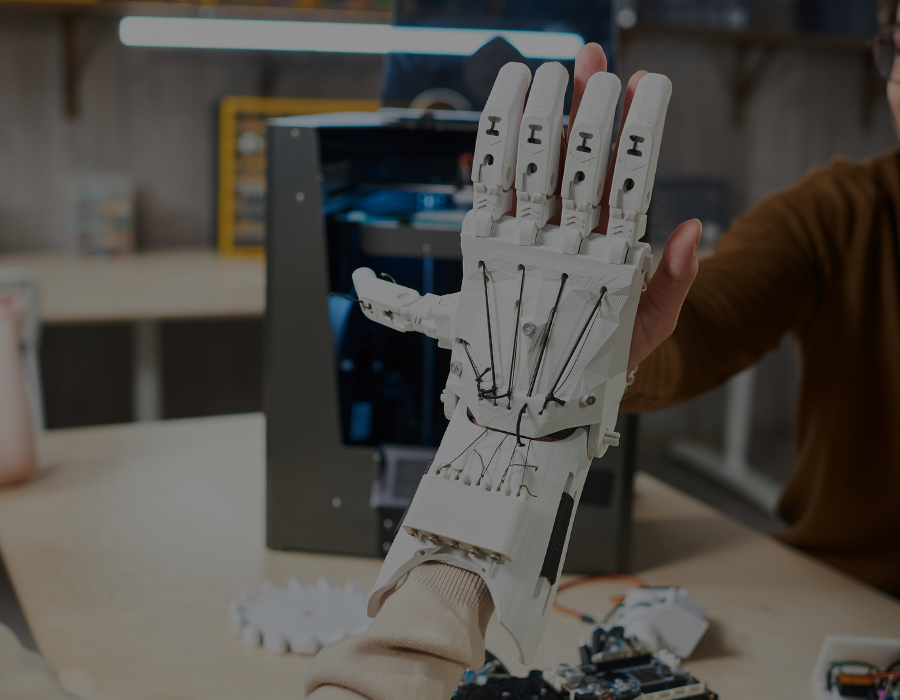
Improving language equity and inclusion through AI
Back to projectsProject Overview
Using language to communicate is something many take for granted. However, a significant proportion of the UK population find spoken or written communication more difficult due to sensory, neural or linguistic challenges such as hearing loss, brain injury or language barriers, and can face substantial disadvantages in many aspects of their lives.
This project aims to develop new AI methods to understand and address these challenges to improve equity and inclusion. It will develop new ways to support people with language and communication difficulties. For example, with AI we can assess and diagnose common language and communication conditions at scale, and develop technologies such as intelligent hearing aids, real-time machine translation, or other language aids to support affected individuals at home, work or school.
The MRC Cognition and Brain Sciences Unit at the University of Cambridge will lead this project.
Matt Davis, AI-deas challenge lead, said: “New AI technologies are changing our day-to-day lives: we speak rather than type text messages on our phones, and have conversations with Alexa or Siri. As these systems become more common they may reinforce the barriers faced by those who find communicating through language more difficult.
Cambridge University hosts the UK’s largest community of researchers working on speech and language technology and have a remarkable breadth and depth of expertise in understanding the real-world impact of language challenges in education, health or work. This project brings these research communities together to develop new AI technologies to support people who find communicating using language a daily challenge in order to improve equity and inclusion.”
Project contributors:
- Matt Davis, MRC Cognition and Brain Sciences Unit
- Paula Buttery, Department of Computer Science and Technology
- Guy Emerson, Department of Computer Science and Technology
- Brechtje Post, Faculty of Modern and Medieval Languages and Linguistics
- Jane Walsh, Faculty of Modern and Medieval Languages and Linguistics
- Soumya Banerjee, Department of Computer Science and Technology
- Ann Copestake, Department of Computer Science and Technology
- Jenny Gibson, Faculty of Education
- Ajay Halai, MRC Cognition and Brain Sciences Unit
- Napoleon Katsos, Faculty of Modern and Medieval Languages and Linguistics
- Kate Knill, Department of Engineering
- Sarah Morgan, Department of Computer Science and Technology and Department of Psychiatry
- Amy Orben, MRC Cognition and Brain Sciences Unit
- Alex Woolgar, MRC Cognition and Brain Sciences Unit
Researchers
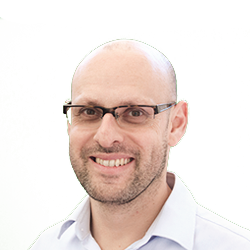
Matt Davis
Programme leader
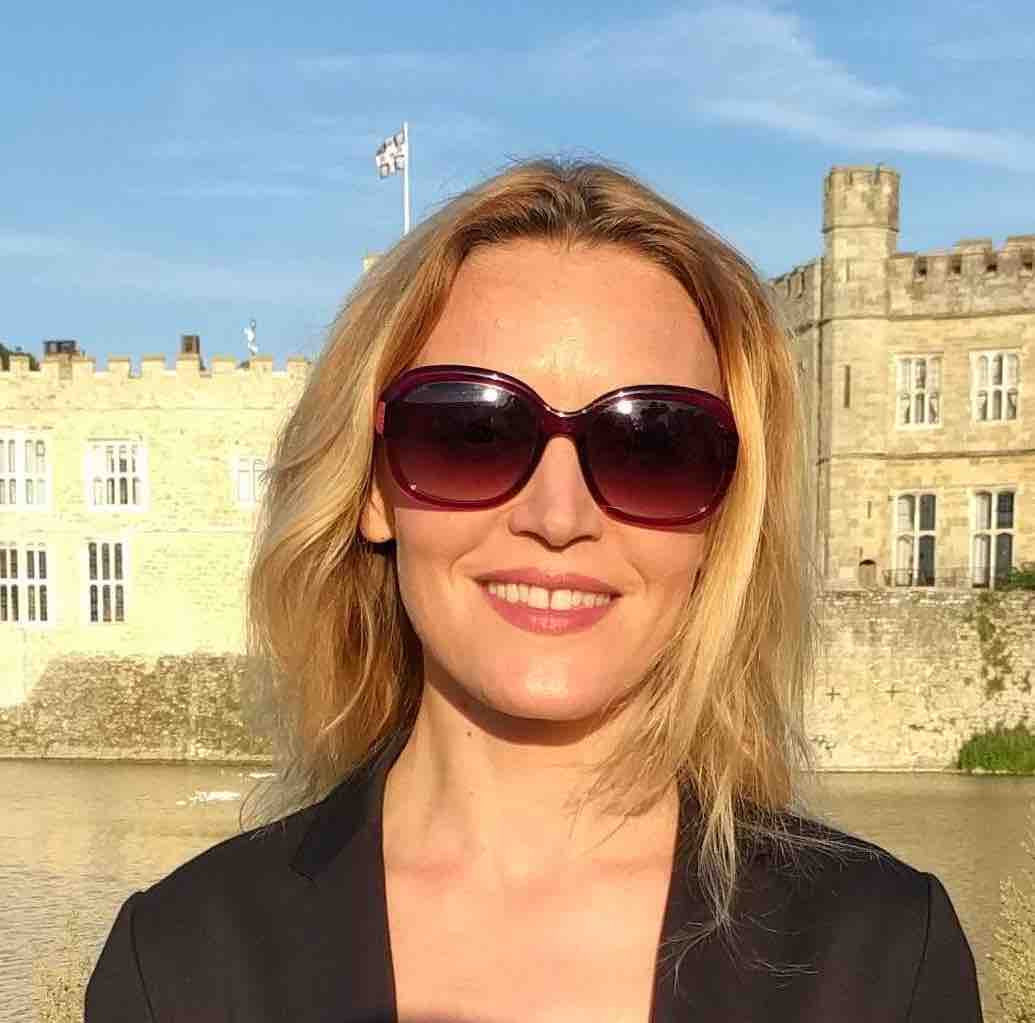
Paula Buttery
Professor of Language and Machine Learning

Guy Emerson
Executive Director, Cambridge Language Sciences
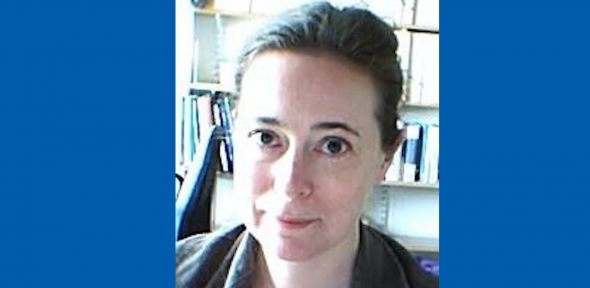
Brechtje Post
Professor of Phonetics and Phonology
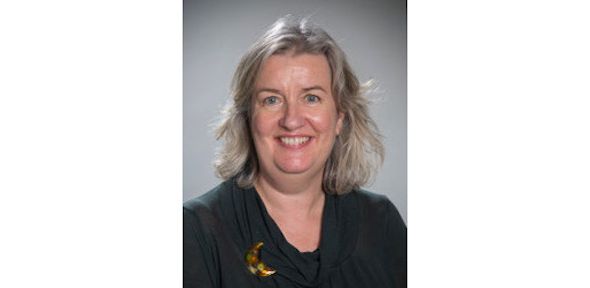
Jane Walsh
Manager, Cambridge Language Sciences Interdisciplinary Research Centre
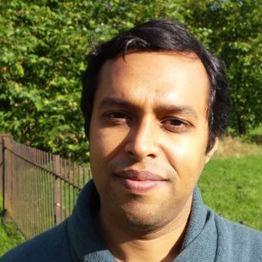
Soumya Banerjee
Senior Research Associate

Ann Copestake
Professor of Computational Linguistics
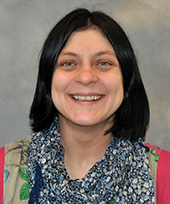
Jenny Gibson
Professor of Developmental Psychology

Ajay Halai
Senior Research Associate
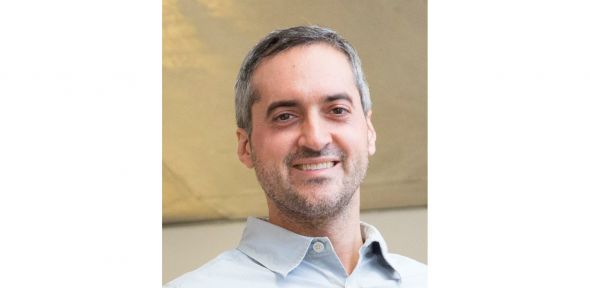
Napoleon Katsos
Professor in Experimental Linguistics
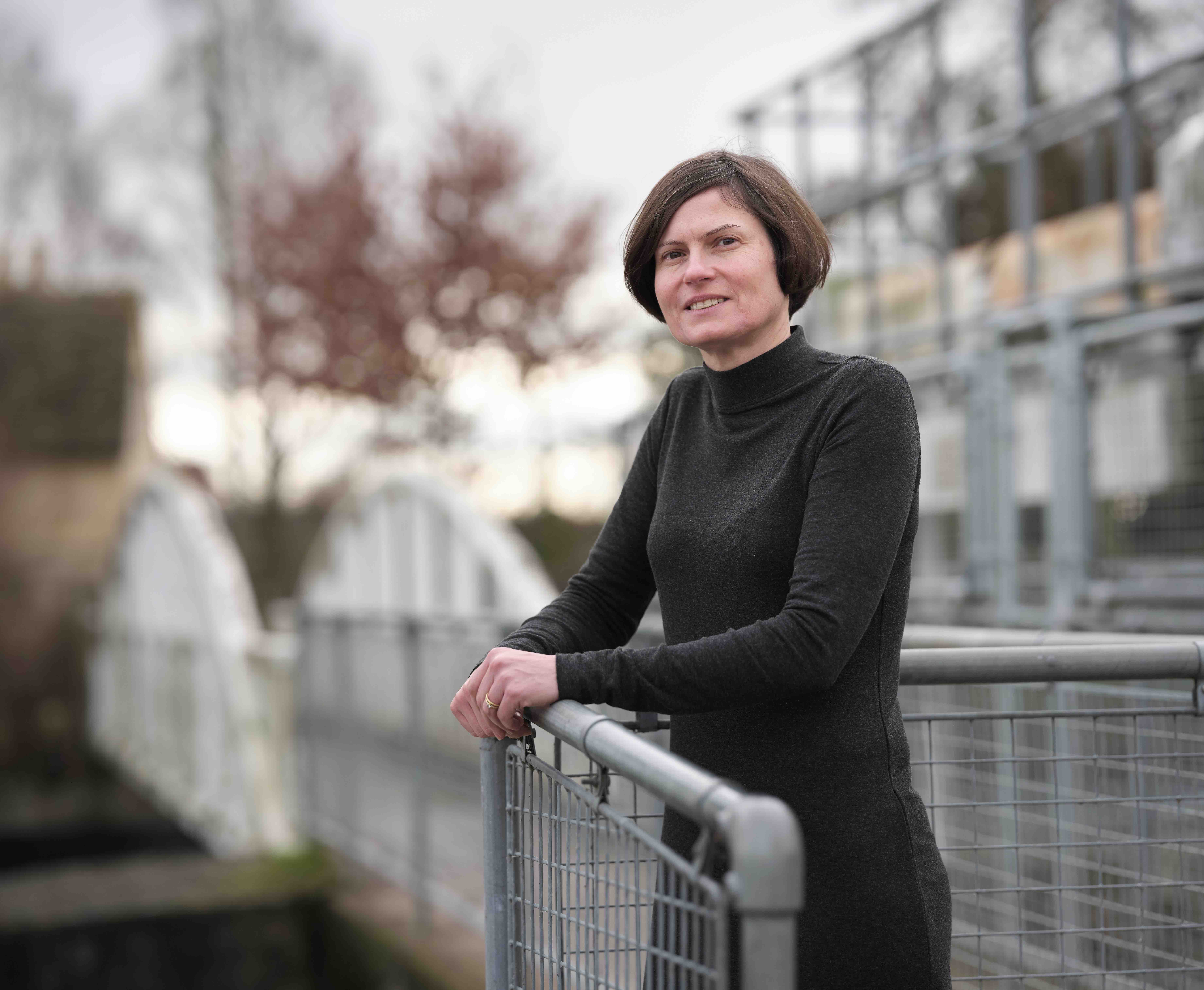
Kate Knill
Principal Research Associate
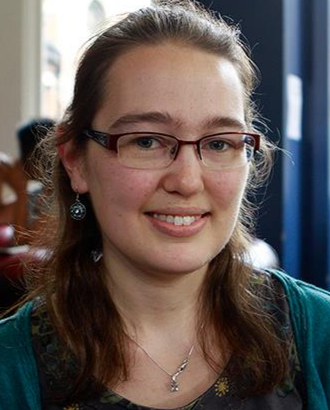
Sarah Morgan
Departmental Early Career Research Fellow

Amy Orben
Programme leader
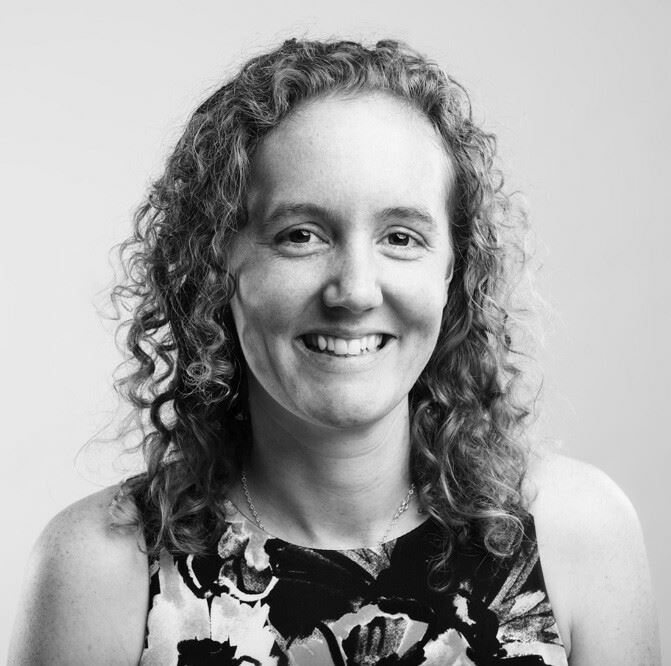
Alex Woolgar
Professor of Cognitive Neuroscience





